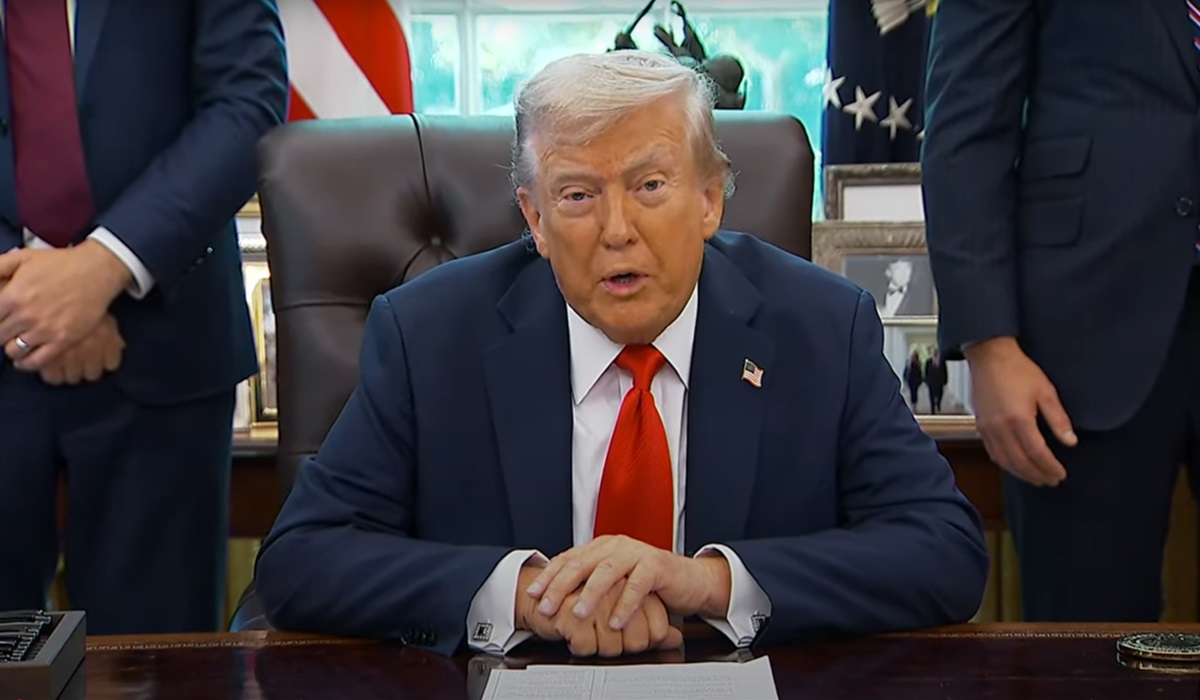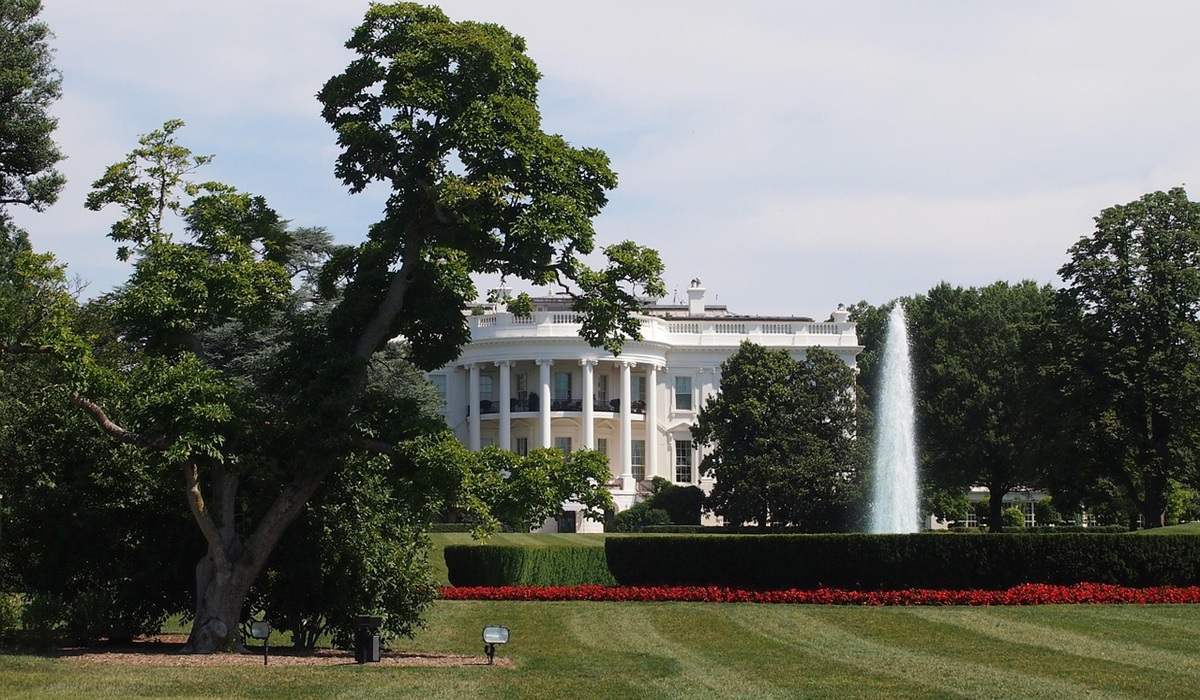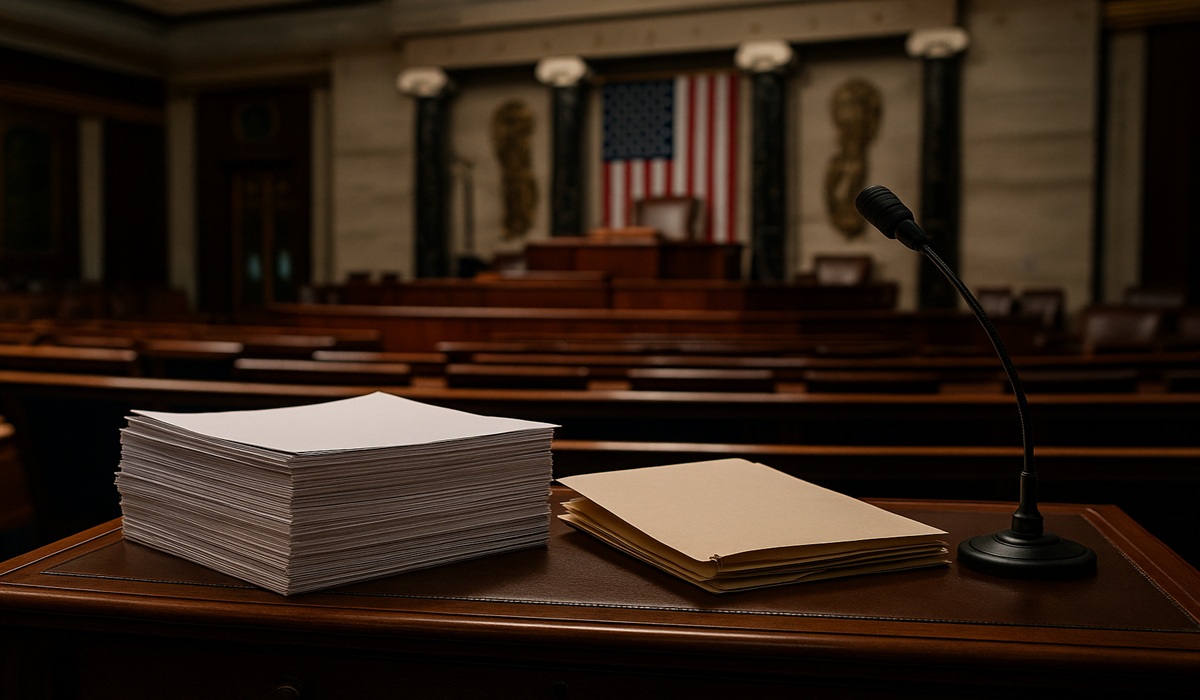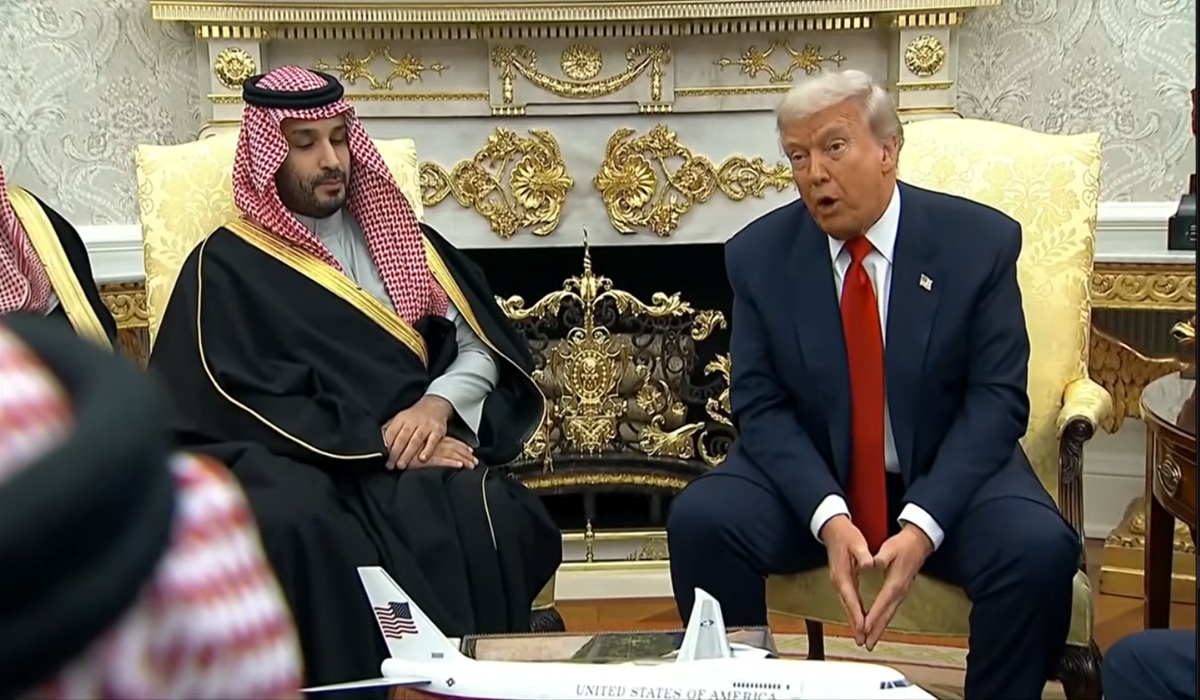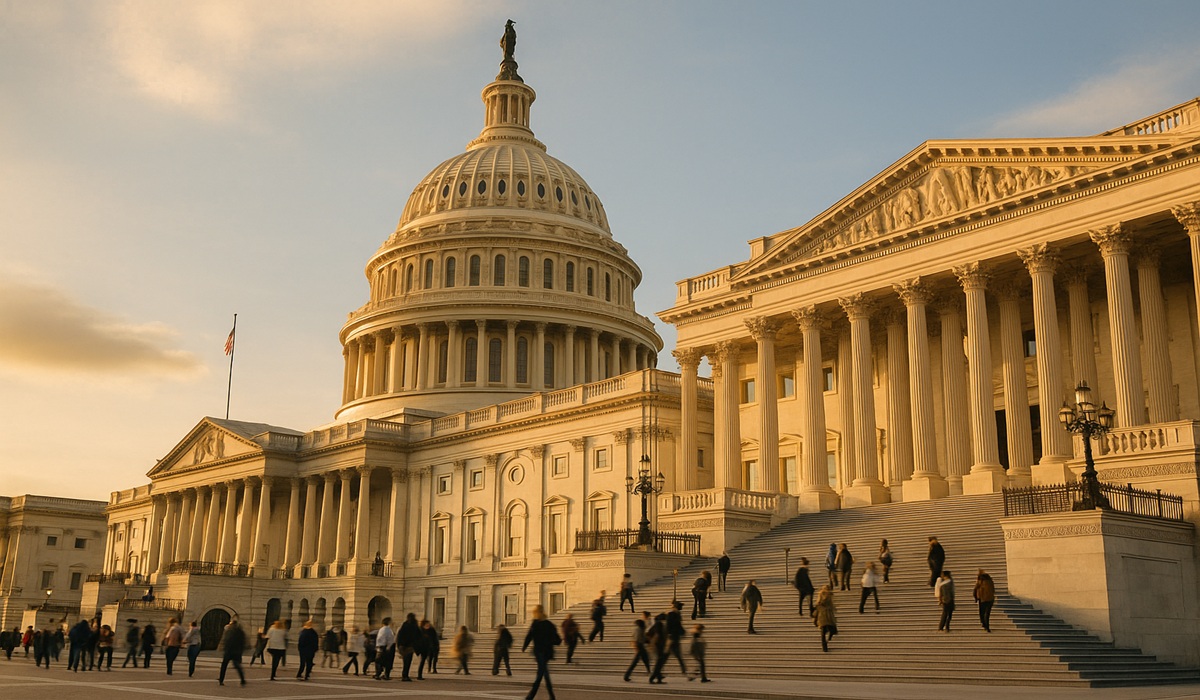On August 25, 2025, President Donald Trump signed an executive order mandating the prosecution of individuals who burn or desecrate the American flag. The directive, titled Prosecuting Burning of the American Flag, directs the U.S. Attorney General to investigate and prosecute such acts, asserting that flag burning “incites riots” and is a “uniquely offensive and provocative” act. The order stipulates a one-year jail sentence for those convicted, stating, “If you burn a flag, you get one year in jail, no early exits, no nothing.” (CBS News)
The executive order comes despite the U.S. Supreme Court’s 1989 ruling in Texas v. Johnson, which held that flag burning is a form of protected speech under the First Amendment. The White House fact sheet accompanying the order describes flag desecration as “uniquely offensive and provocative,” labeling it a “statement of contempt and hostility toward our Nation.”
Legal experts and civil liberties advocates have criticized the order, arguing that it conflicts with constitutional free speech protections. The American Civil Liberties Union (ACLU) has pledged to challenge the executive order in court, asserting that it violates the First Amendment. Bob Corn-Revere, chief counsel at the Foundation for Individual Rights and Expression, stated, “The president does not have the power to change the First Amendment.”
The timing of the order follows several high-profile incidents where individuals burned the American flag during protests. The administration contends that such acts incite violence and disrupt public order, necessitating a legal response.
As of now, the executive order is set to take effect immediately. It remains to be seen how courts will address the tension between the order and established constitutional protections for free expression.
The executive order has sparked a broader debate about American pride and the limits of free speech. Supporters of the order argue that it is necessary to protect the sanctity of the American flag and to uphold national unity. They view flag desecration as an affront to the sacrifices made by service members and a symbol of disrespect to the nation. Opponents contend that the order undermines the First Amendment and sets a dangerous precedent for government overreach. They argue that the ability to protest, even through symbolic acts like flag burning, is a fundamental right that should be protected.
Trump’s executive order banning flag burning has ignited a contentious debate over the balance between national pride and free speech. While the order aims to protect the American flag as a symbol of unity and sacrifice, it also raises significant constitutional questions that are likely to be addressed in the courts in the coming months.

